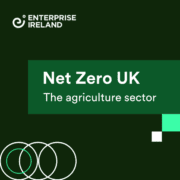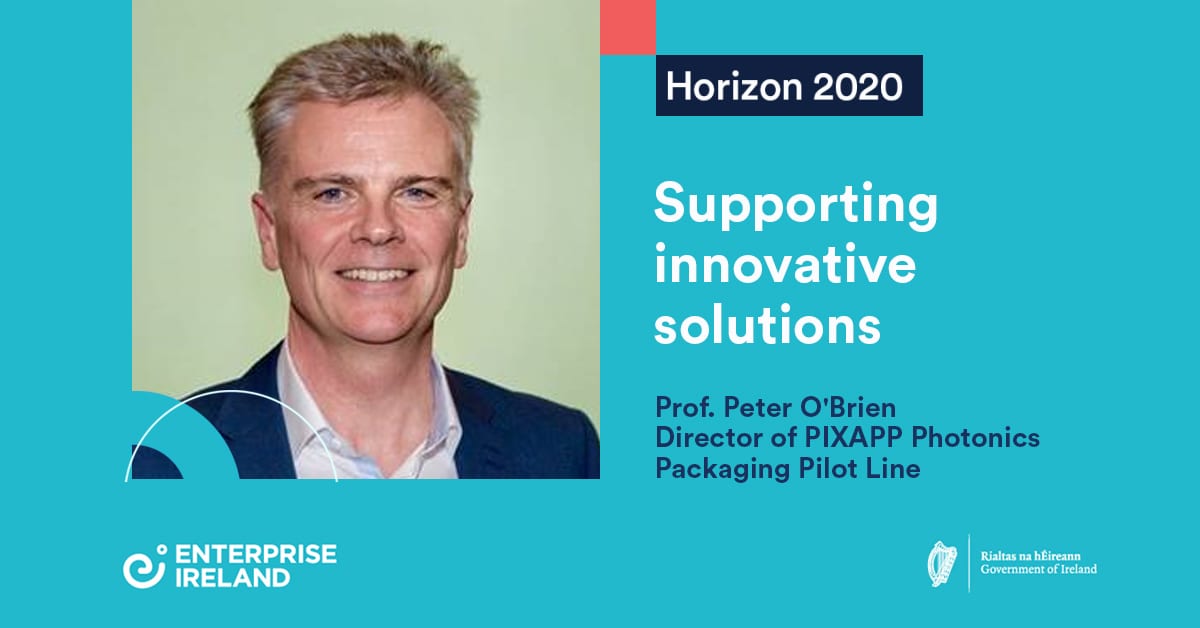
“PIXAPP is more than just a project; like all Horizon support I look at it as seed funding to grow your activity.”
Professor Peter O’Brien, Director of PIXAPP Photonics Packaging Pilot Line Horizon 2020 open call project
Overview:
- Tyndall National Institute in Cork is leading an international consortium that is establishing ‘best in class’ photonic integrated circuit (PIC) packaging technologies
- The PIXAPP project is funded by the European Union’s Horizon 2020 research and innovation programme
- The European Commission has recognised PIXAPP as a flagship pilot manufacturing capability in Europe.
Photonics is the future. In devices ranging from hand-held cardiovascular monitors to self-drive cars, photonic integrated circuits (PICs) are revolutionising technology, enabling significantly higher capacity and speed of data transmission.
Its huge potential to address socio-economic challenges in areas such as communications, healthcare and security, has led the European Commission to invest heavily in programmes to advance PIC technologies. But with most developments focusing on the PIC chips, the challenge now relates to packaging, that is, connecting the chips to the real world though optical fibres, micro-optics and electronic control devices.
To address the challenge, a €15.5m project, involving 18 partners and led by the Tyndall National Institute in Cork, has established the world’s first open access PIC assembly and packaging manufacturing line, PIXAPP.
“The assembly and packaging challenges are considerable and it’s hugely expensive for manufacturers. PIXAPP provides a single point of contact, the Gateway, at Tyndall, through which businesses can access expertise in industrial and research organisations across Europe to translate their requirements into the best packaging solution. It’s a major step forward to enable the conversion of R&D results into innovative products,” explains Professor Peter O’Brien, co-ordinator of the Horizon 2020-funded PIXAPP pilot line.
The importance of sustainability
When PIXAPP started in 2016, the ability to package PICs was dispersed across several European companies and institutions, each of which could only do a few steps in the process.
“Our aim was to make a diversified, distributed pilot line, which meant coming up with a common language of design, materials and equipment standards that could seamlessly move across different countries.” says O’Brien.
With PIXAPP due to end in October 2021, the issue of sustainability is key to ensuring progress in the area of PIC packaging continues.
“One of the key things we had to show in our Horizon 2020 proposal was a sustainability plan. We can’t just walk away after four years. We’re now engaged with over 120 companies around the world and many of them are gearing up to do the whole packaging process themselves, working with the technology standards we’ve developed.
“Ultimately, that’s what success looks like for us, where we can step back and industry takes on the high volume packaging work. There are still risks involved for companies but we can help reduce those by sharing or advising on equipment and we can train their engineers, which is an important part of what we’re doing.”
O’Brien’s team has also secured funding from the Disruptive Technology Innovation Fund, which will help with regional sustainability.
“When we got the DTIF funding the Commission was delighted because that’s the kind of regional investment they want to see,” says O’Brien.
Insights for Horizon 2020 success
Applying for Horizon 2020 support can be daunting but O’Brien has extensive experience and offers some insights.
The key to a successful proposal is addressing the call requirements, in terms of scientific excellence, impact from project results including dissemination and structure of the workplan. It is also important to ensure the proposal reads as one document, rather than a large number of small documents complied by partners into a single proposal. Ideally, the coordinator should write the full proposal, taking input from all partners. This will ensure the proposal has one voice, making it easy for reviewers to read, understand and enjoy.
“Enterprise Ireland gave us support to write the proposal and it’s important to use their expertise as well,” says O’Brien.
The right partners are also central to success.
“You need to have partners that you trust and who trust you, so you have a shared vision, and you need to work with them well in advance; don’t form consortia based on a call. Our funding success is is high, and we like to work with the familiar partners but it’s also exciting to work with new partners who can bring new technologies and insights. Spending time out of the lab meeting partners, including new partners is important. Visits to Brussels to are also important to stay ahead of upcoming calls and as a central location or HQ to meet partners and future collaborators.”
Tyndall’ photonics packaging group is currently involved in 15 European projects and has recently participated in €19m project for a new Photonics Innovation Hub called Photon Hub Europe.
O’Brien also feels strongly that projects should not be seen in isolation.
“All our projects are strategically aligned so we’re leveraging capabilities from one project to another. A focus on your core technical capabilities is important. And it’s a continuous thing. You have to keep working on proposals, stay up to speed, don’t dip in and out.
“The big benefit of being involved in Horizon projects is the contacts networks and the relationships that you make. You should think of the funding as seed funding to grow your activity. I don’t like the word project, because that suggests it’s done when it’s done. I think the Commission likes to think that every project is seeding something else much bigger.”

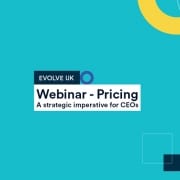



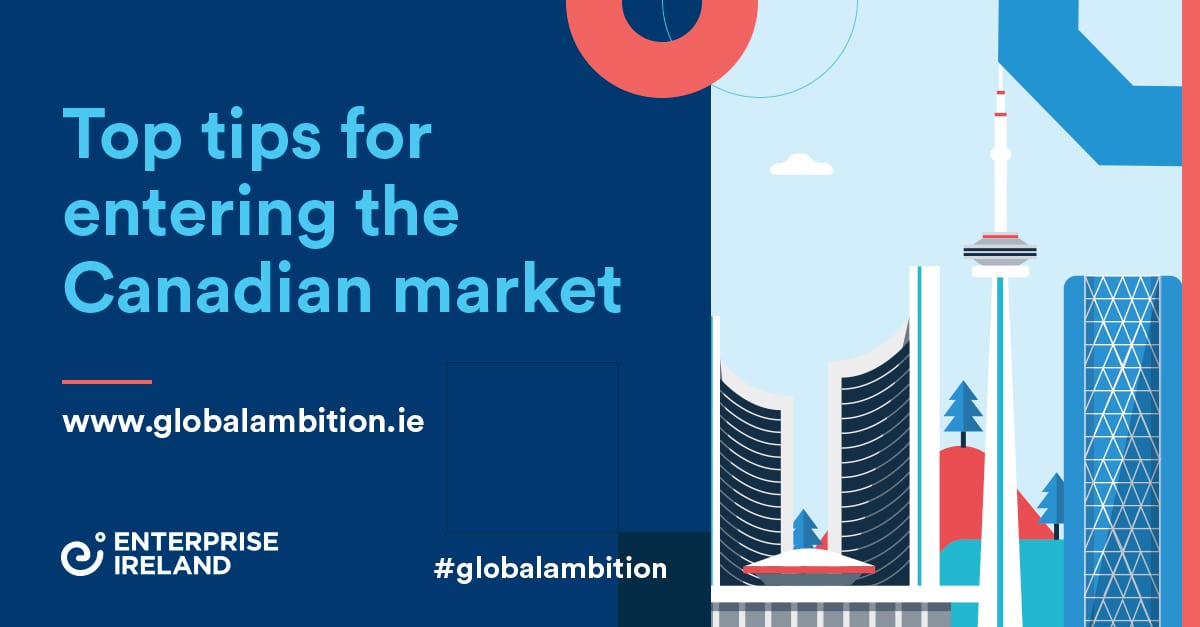
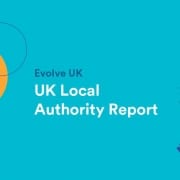
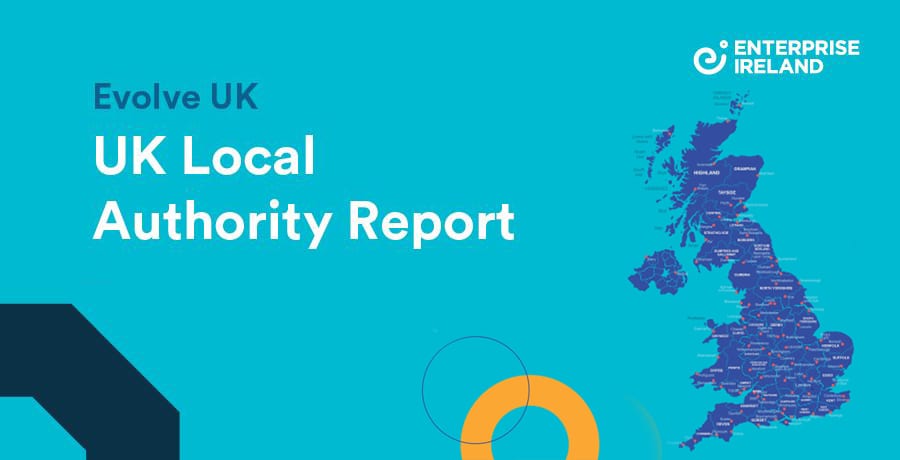
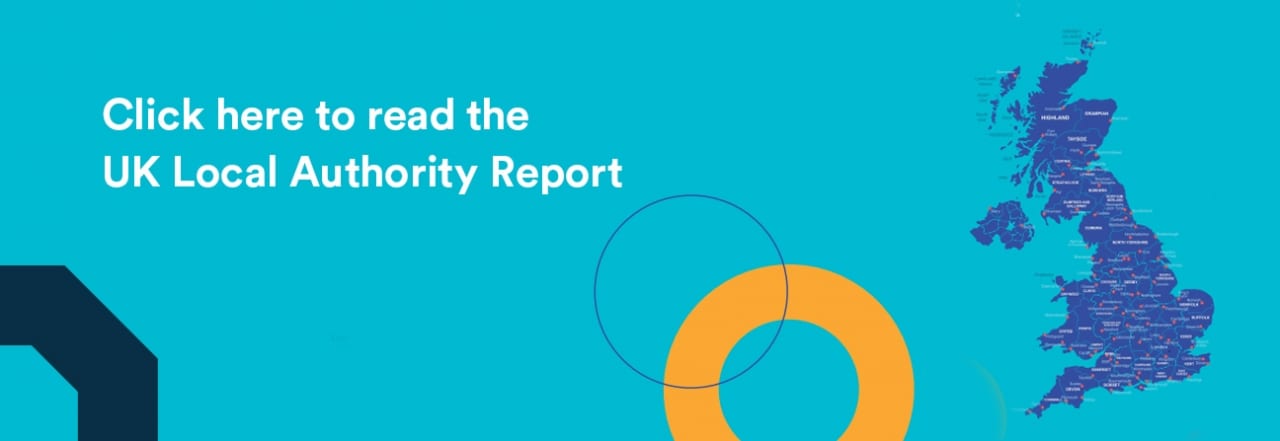


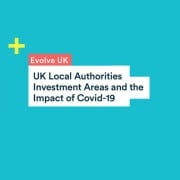


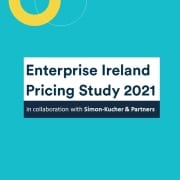
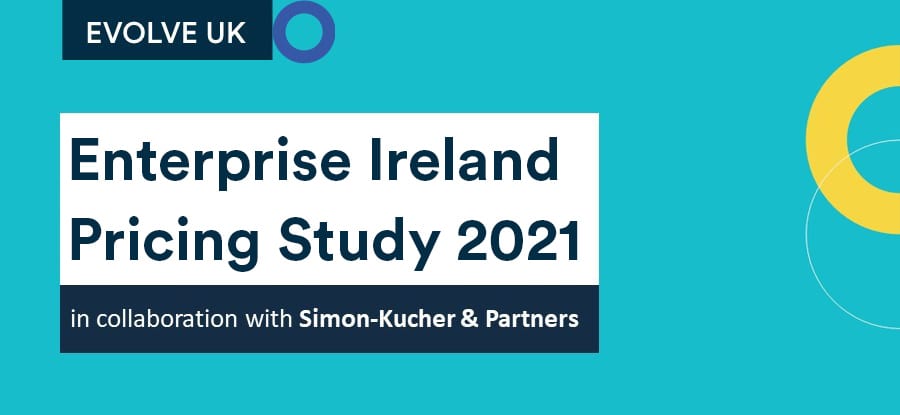

 “
“


